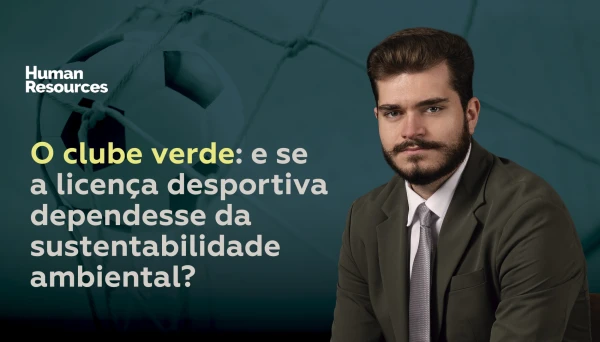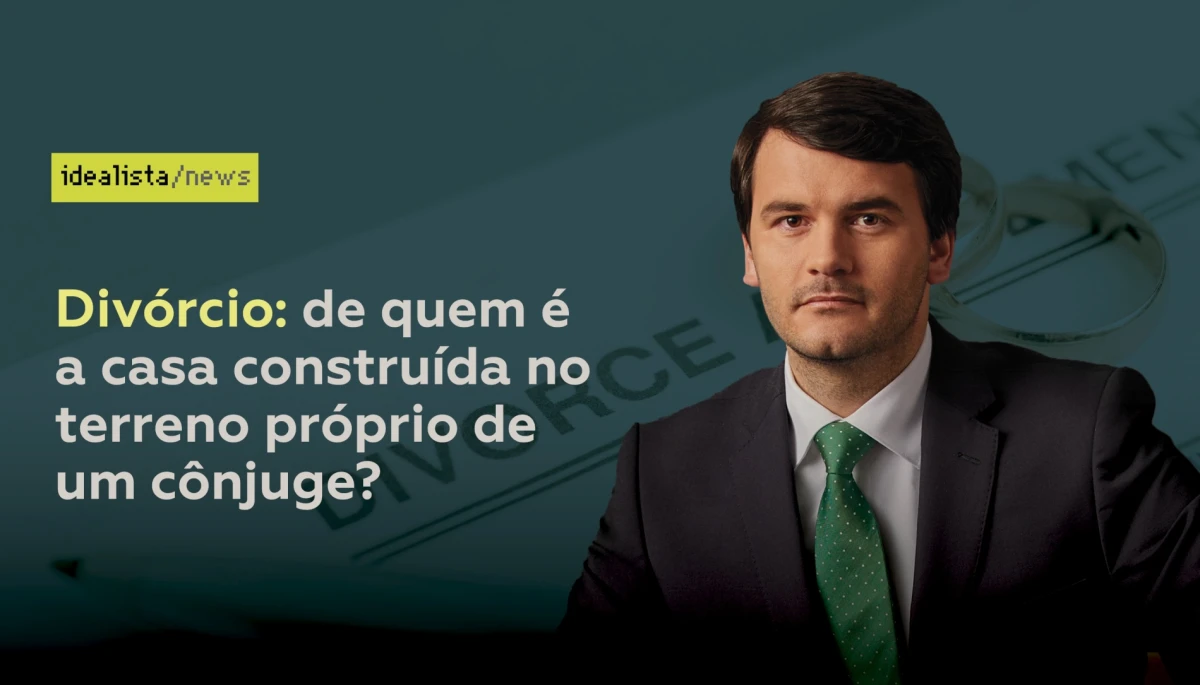
The Green Club: What if the sports licence depended on environmental sustainability?

Sport, and in particular football, has long ceased to be just a game.
It is a spectacle, a universal language, and a tool for social mobilisation. Professional football has become a “soft power” with significant cultural and political impact.
At a time when the climate emergency stands as the greatest contemporary challenge, the sports sector remains largely absent from the ecological equation. While companies and industries face increasing demands regarding sustainability, high-level sport often remains detached from environmental urgency.
The logic of spectacle seems to override the imperative of responsibility. Thus, it is worth asking: should environmental sustainability become a mandatory criterion in sports licensing? If there are clubs relegated for financial non-compliance, why not also penalise those who fail on the climate front?
Sport as a space for environmental responsibility
Article 165 of the TFEU recognises sport as a promoter of values and social cohesion, which justifies extending this responsibility to the environmental domain, especially as modern sport goes beyond its recreational dimension, establishing itself as a space for promoting social responsibility on several levels and in support of various causes.
The ecological footprint of clubs cannot be ignored. Inspired by Hans Jonas’s ethical imperative—to act to preserve the future—clubs must adopt sustainable practices. Environmental omission can compromise sporting (moral) legitimacy and justify a reassessment of licensing criteria, integrating environmental merit as an essential normative element.
Sustainability and sports licensing
The European licensing model, focused on financial viability and transparency, still ignores environmental sustainability as a binding criterion. The UEFA Sustainability Strategy 2030 marks a turning point in this direction, although it still lacks binding legal force. Launched in 2021, this strategy defines clear environmental goals, aligned with the Sustainable Development Goals and the Paris Agreement. However, its effectiveness depends on a transition from a programmatic logic to binding regulation, with mandatory minimum criteria for energy efficiency, impact mitigation, and environmental audits.
A look into the future
Sport can no longer remain indifferent to the environmental crisis. Maintaining ecological neutrality in licensing is to perpetuate a fiction incompatible with the current reality. The sports licence must reflect a commitment to the common good: the sustainability of the planet.
As Hans Jonas argues, the new imperative is to guarantee the possibility of the future. Football, with its global reach, now has the responsibility to lead that transformation.



